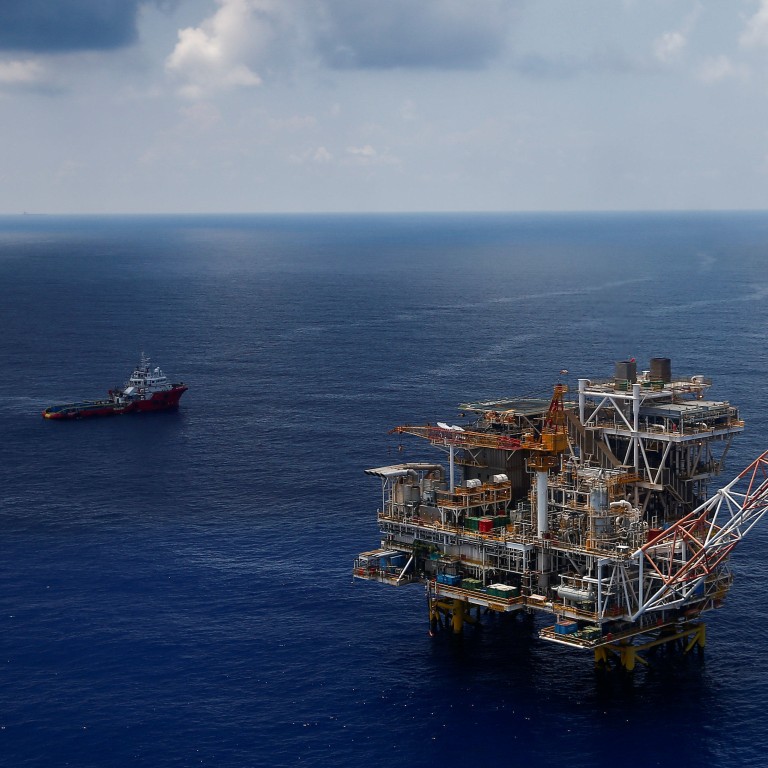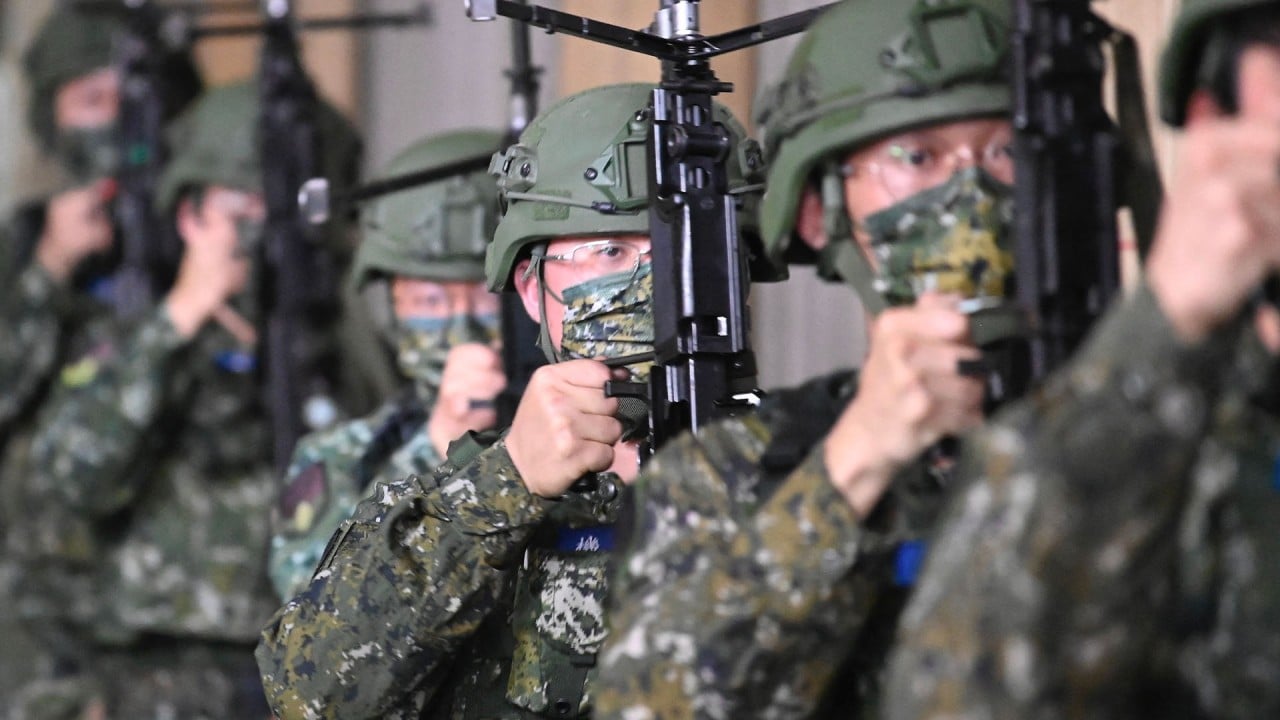
Ukraine parallels: why Vietnam should worry more than Taiwan
- In Asia, it is Vietnam, rather than Taiwan, that faces the same kind of strategic isolation as Ukraine, given its ‘three nos’ doctrine of geopolitical neutrality
- Worse, as sweeping sanctions hit Russia, Hanoi may no longer be able to rely on Moscow as a source of military hardware and strategic investment
The Ukraine conflict has sent shock waves across the world, especially in Asia. According to conventional wisdom, the closest analogue to Ukraine is Taiwan.
After all, Beijing has repeatedly declared its willingness to employ “all necessary means” to reunify the self-ruling island. On closer examination, however, it is clear that it is Vietnam, rather than Taiwan, which faces the same kind of strategic isolation as Ukraine.
This same de facto neutrality might leave Vietnam exposed in an increasingly uncertain geopolitical environment in Asia. Facing maritime and border disputes with a resurgent China, Vietnam could struggle to solicit military assistance from either an isolated Russia or a lukewarm US in the event of a major conflict in the future.
Since its emergence as an independent state, Vietnam has had a roller-coaster relationship with China. For over 1,000 years, imperial dynasties in China tried to exercise suzerainty over northern Vietnam, culminating in wars in the 13th, 15th and 18th centuries.
But as Vietnam specialists such as Keith Weller Taylor have argued, Sino-Vietnamese relations were often marked by long periods of peaceful coexistence. In the words of historian Julia Lovell, China has also “served as a political, cultural, linguistic model for Vietnam” through the centuries.
Vietnamese national hero Ho Chi Minh said Sino-Vietnamese relations were “as close as lips and teeth”, and noted “the special significance of the Communist victory in China” for the Vietnamese. After all, the Chinese Communist Party not only provided ideological guidance, but also military support during Vietnam’s anti-colonial struggles against France and the US.
Nevertheless, Cold War rivalry hurt Sino-Vietnamese relations later in the century. The two neighbours fought a violent and inconclusive border war in 1979, which eerily resembles the current stalemate a month into Russia’s invasion of Ukraine. Then, conflict spread to the South China Sea, with a skirmish over the Johnson South Reef in 1988.
Since the end of the Cold War, however, Vietnam has tried to focus on economic development. Meanwhile, it has sought to stabilise relations with China through robust party-to-party ties as well as the “three nos” doctrine, which forbids Hanoi from forging a military alliance with foreign powers, hosting foreign military bases, and siding with one superpower against another.
And, as an isolated Russia becomes more dependent on China, it may well have to reconsider its decision to arm and aid Beijing’s rivals like Vietnam. Meanwhile, the new cold war between the West, on one side, and China and Russia, on the other, might further deepen lingering ideological fault lines between the US and Vietnam.
Why pushing China to take sides in Ukraine conflict may not end well for US
The Biden administration’s “Democracy First” foreign policy, which emphasises unity among democracies in a global ideological battle against authoritarian powers, has only reinforced the Vietnamese communist regime’s misgivings about any geopolitical alignment with the West.
Without substantial strategic assistance from either Russia or the West, Vietnam will increasingly have to face China on its own. Sensing Vietnam’s strategic isolation, Beijing might be tempted to further assert itself in adjacent waters at the expense of its Southeast Asian rival.
Hardly a week into Russia’s invasion of Ukraine, Beijing announced a massive drilling operation in the Gulf of Tonkin, just 60 nautical miles from Vietnam’s ancient capital of Hue. In response, Hanoi could only call on China to “respect Vietnam’s [exclusive economic zone] and continental shelf, stop and not to repeat any act that complicates the situation”.
While the world witnesses Ukraine’s brave resistance, Vietnam is quietly confronting the perils of its own strategic isolation.
Richard Heydarian is a Manila-based academic and author of “Asia’s New Battlefield: US, China and the Struggle for Western Pacific” and the forthcoming “Duterte’s Rise”


